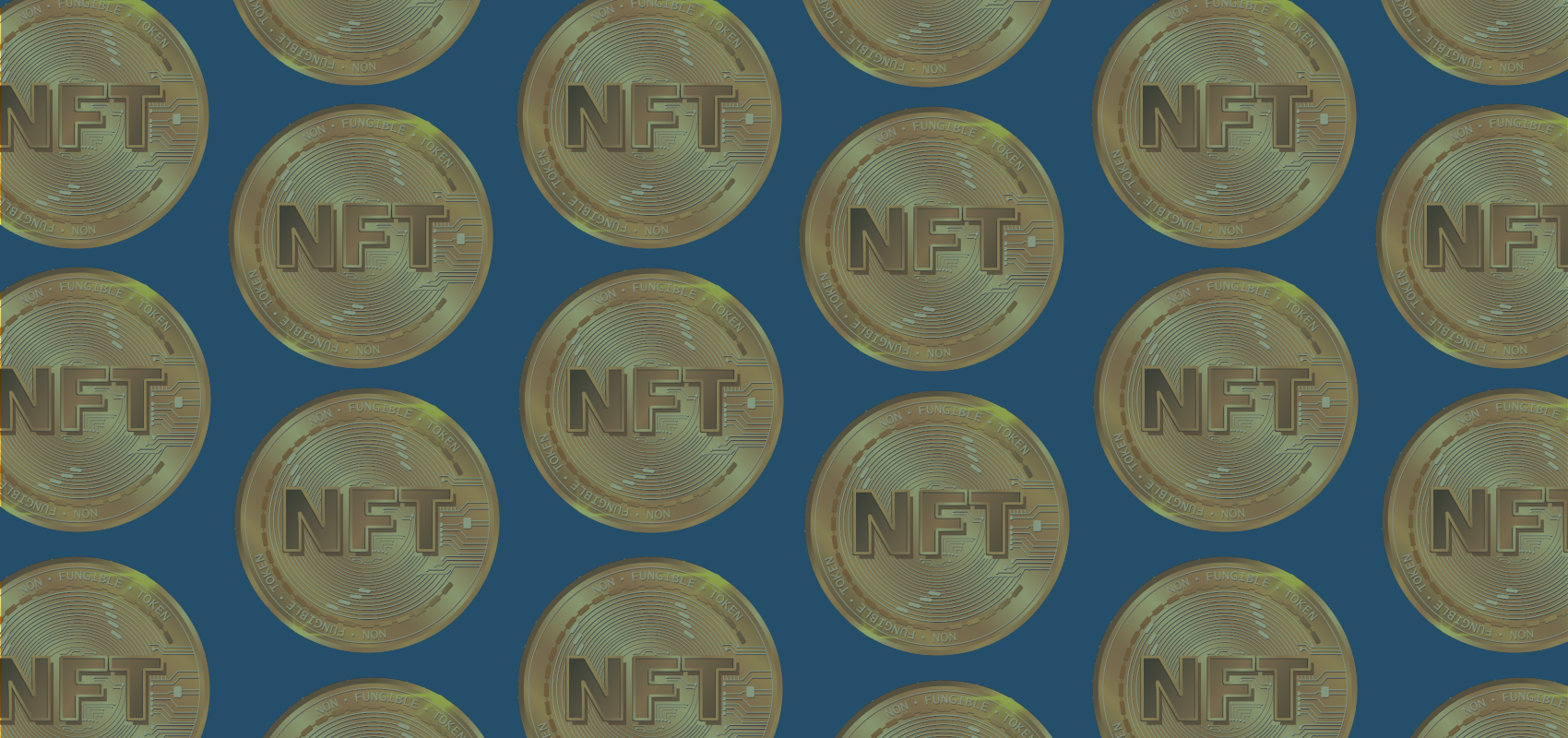On Tuesday, November 16, 2021, the Hollywood studio Miramax filed a lawsuit against director Quentin Tarantino for copyright infringement for his plans to sell nonfungible tokens based on the screenplay for his iconic 1994 film “Pulp Fiction.” Miramax’s lawsuit claimed that Tarantino’s venture would mislead others into believing that Miramax was involved in the project. Further, Miramax claimed the rights to the entire movie’s script, including deleted scenes.



